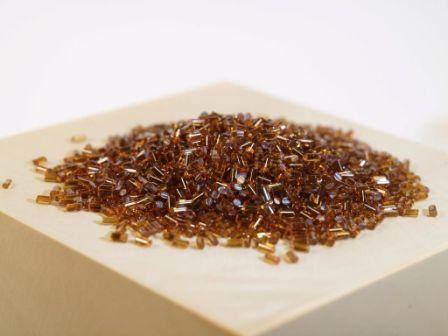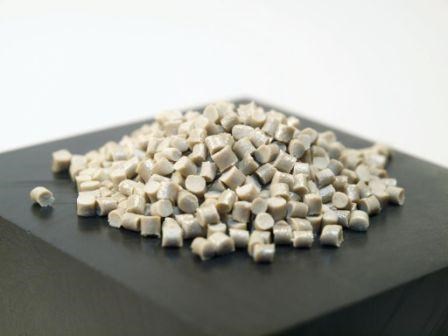Arkema Launches Amorphous & Crystalline PEKK
WEB EXCLUSIVE: Arkema has introduced a comprehensive range of PEKK (poly ether ketone ketone) comprised of three families of high-performance thermoplastics for aerospace, oil exploration, and electronics applications.
WEB EXCLUSIVE: A comprehensive range of PEKK (polyether ketone ketone), a first from Arkema Inc., King of Prussia, Pa., reportedly stands out from competitive materials because its copolymer structure can be adapted to the requirements of the end-use application. The new Kepstan PEKK range comprises three families of high-performance thermoplastics whose properties meet the requirements of aerospace, oil exploration, and electronics applications:
•Kepstan 6000 are low-melting amorphous grades suited to extrusion and thermoforming, as well as laser sintering and powder coating on metal.
•Kepstan 7000 are crystalline grades for manufacturing thermoplastic carbon-fiber composites, like unidirectional tapes and coated fabrics used in aerospace.
•Kepstan 8000 are crystalline grades that feature top thermomechanical properties and chemical resistance for extrusion and injection molding of components used in ultra-deep oil-well exploration.
Related Content
-
Lanxess and DSM Engineering Materials Venture Launched as ‘Envalior’
This new global engineering materials contender combines Lanxess’ high-performance materials business with DSM’s engineering materials business.
-
Prices Up for All Volume Resins
First quarter was ending up with upward pricing, primarily due to higher feedstock costs and not supply/demand fundamentals.
-
Tracing the History of Polymeric Materials, Part 26: High-Performance Thermoplastics
The majority of the polymers that today we rely on for outstanding performance — such as polysulfone, polyethersulfone, polyphenylsulfone and PPS — were introduced in the period between 1965 and 1985. Here’s how they entered your toolbox of engineering of materials.









